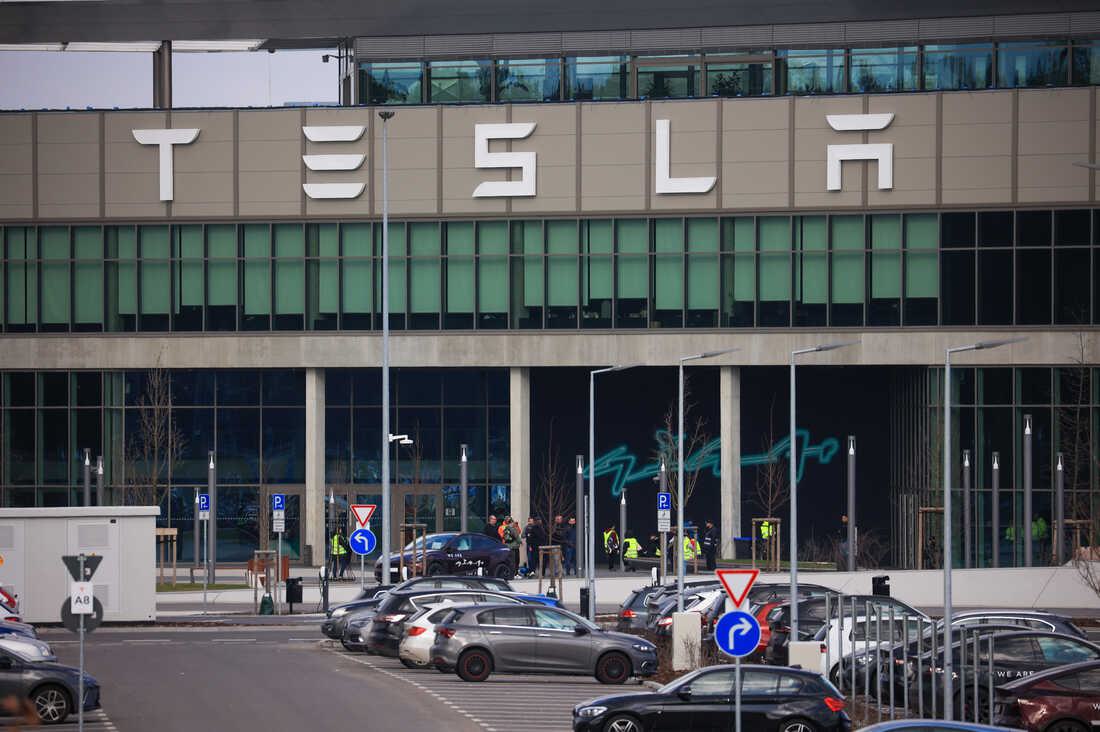5 ways the UK election results have affected business - Dispatch Weekly
June 13, 2017 - Reading time: 6 minutes

The UK 2017 elections have revealed surprising results. The Conservatives have lost their majority, whilst the Labour Party has had significant gains.
Brexit negotiations, which were due to start on the 19th of June, have many worried for a lack of direction now that there is a large division in government. This division is set to make negotiations a turbulent journey.
The Prime Minister, Theresa May, had previously campaigned for a hard Brexit negotiation, with a focus for austerity measures. However, this new introduction of labour, whose main dividing line is the tax system and a focus for increased public spending, seems to indicate a possible softer Brexit.
Implications of the election results
- Taxation Uncertainty
Taxation is one of the main dividing lines between parties in this election. Labour wants to target the “rich” for higher taxes. Conversely, the Conservative party wants to keep taxes as low as possible for both individuals and businesses.
This disagreement point, which is just one of many opposing stands between parties, signifies two unique views on how to run the economy. The parties stance on economic activity will affect public spending, corporation legislation, and Brexit.
Ultimately this gives rise to uncertainty in the market, causing a plummet of the sterling.
2. The plummet of the sterling pound
The drop in the value of the pound is the first observable effect of the election outcome. Businesses and individuals alike are already feeling the effects of the drop.
Currency analysts remain pessimistic about the stability of the pound over the coming weeks, stating that unless Westminster’s response is remarkably smooth, the UK is likely to keep seeing volatile currency levels.

This means uncertainty for businesses, ultimately leading to the loss of investment or even relocation of companies. On the subject of the pound, Maxi Lami, chief executive of Oppenheimer Europe, stated:
“With the result as tight as it could have possibly been and weeks, months or even years of uncertainty ahead, we can expect instability and volatility in the markets. Although the impact on the pound won’t be as drastic as it was with Brexit, sterling is going to see plenty of uncertainty with very little upside.”
3. International Talent
The implication of a softer Brexit, coming from the influence of the Labour party results, promises to bring some positive outlooks to businesses looking to attract or retain international talent. For start-ups, completely dependent on their teams, the results and the demand for a softer Brexit promises to allow them to keep attracting foreign talent as a source of competitiveness.
This desire for a softer Brexit is one echoed by more than just start-ups, many businesses fear the escape of their skilled workers. A less anti-immigrant view on Brexit would ensure the UK continues to attract international talent and keeps those already here.

4. Fall of comparative wages to international workers
The fall in the pound has meant that the UK has become less attractive to foreign workers who may face higher costs of living than in their home countries with lower comparative wages than before.
This means that even though a softer Brexit may allow international talent to remain in the country, many may not want to remain as inflation picks up while wage value in their home currency remains low.
5. Sectors dependent on currencies
The change in value means that sectors are now broadly rising or falling based on the currency of their earnings, with UK house builders in the ascendant and miners, oils and pharmaceuticals — which earn largely in dollars — dropping.
Furthermore, for importing businesses of raw materials or other components, this fall in the pound is creating an increase in cost as they face higher comparative costs than before to pay for goods from abroad.
For exporting manufacturers, however, the fall in the pound has created a business opportunity; businesses are seeing a spike in their orders as a result of cheaper goods to buyers.. For outside currencies, it is the time to purchase previously expensive products and services as they will be good value for money with current exchange rates.
Though the UK economy is largely volatile and uncertain right now, it is clear that the election and the implications it brings on Brexit negotiations has brought mixed results for companies and individuals at large.
Nevertheless, if Europe plays hard ball, it’s predicted that the conservatives will not hesitate to make the UK more tax efficient to attract larger companies.

DW Staff
David Lintott is the Editor-in-Chief, leading our team of talented freelance journalists. He specializes in covering culture, sport, and society. Originally from the decaying seaside town of Eastbourne, he attributes his insightful world-weariness to his roots in this unique setting.




